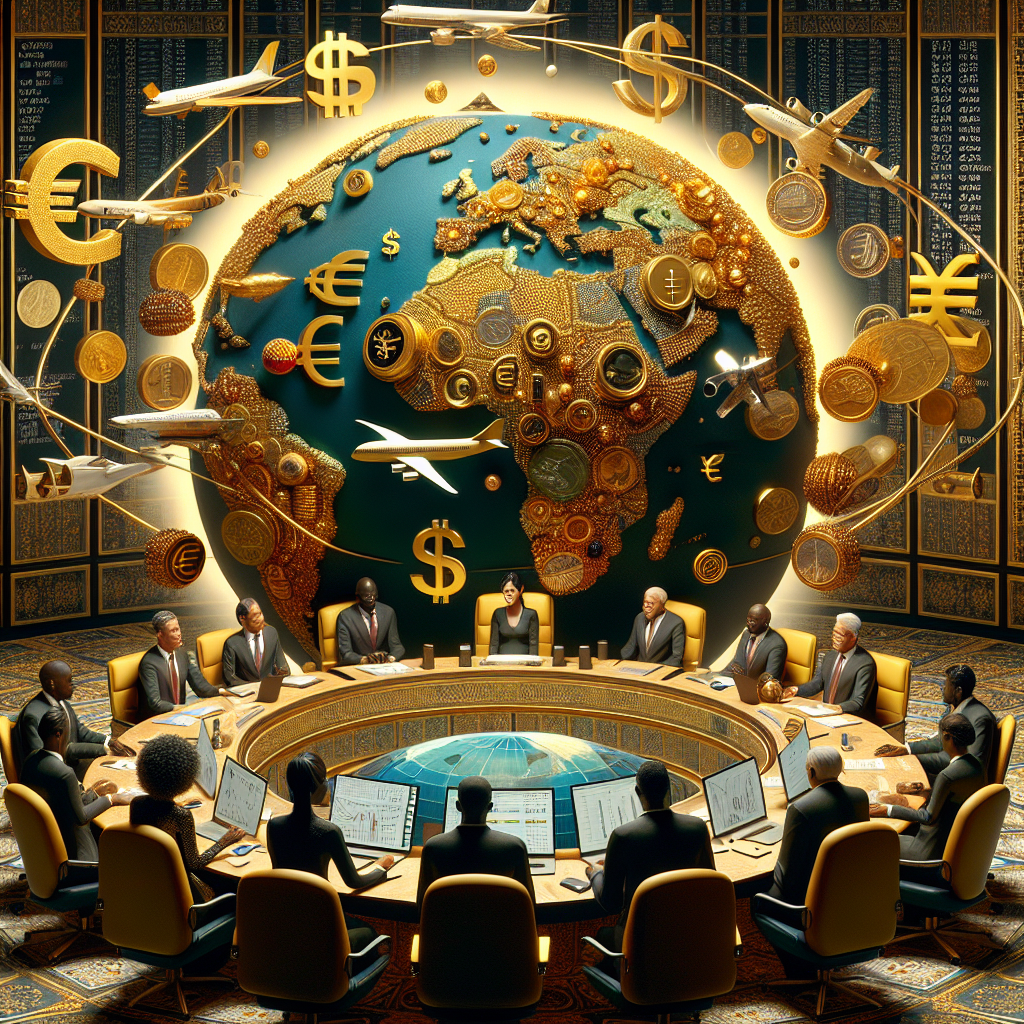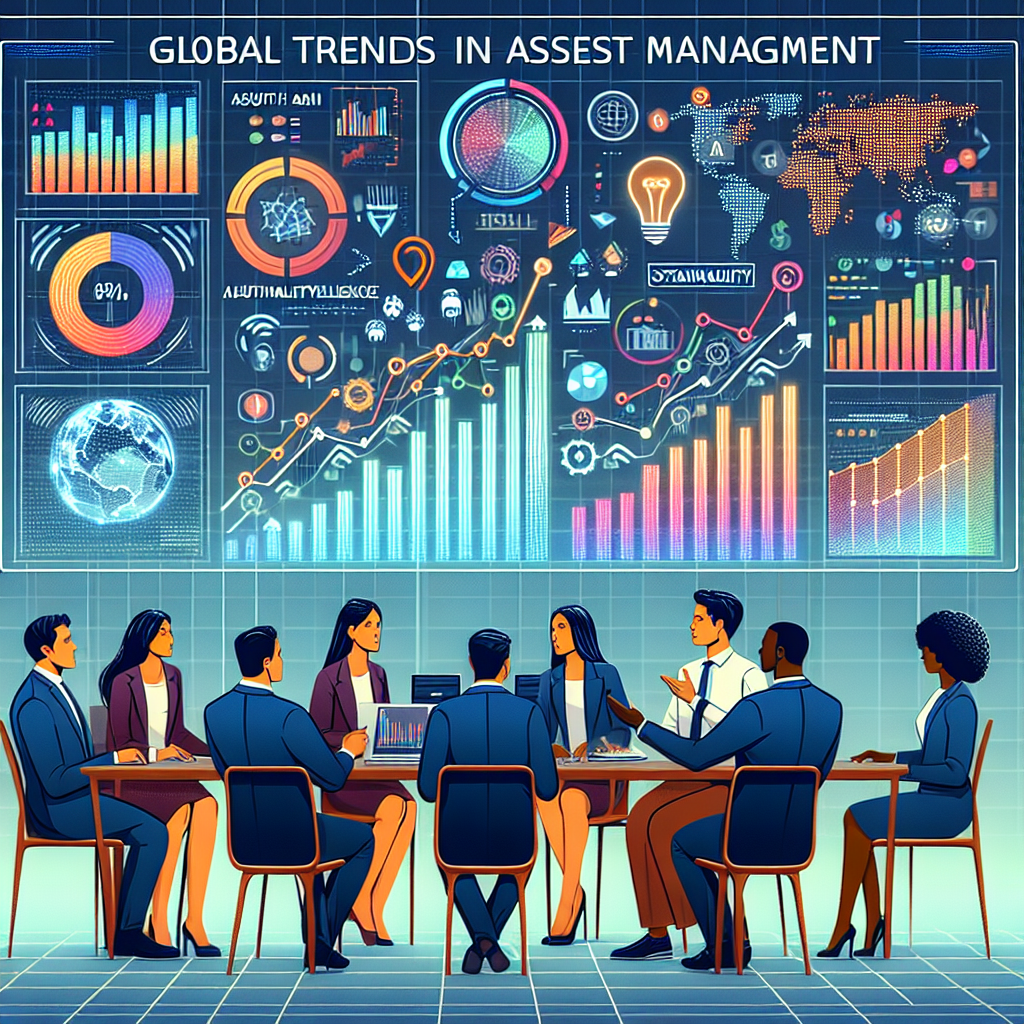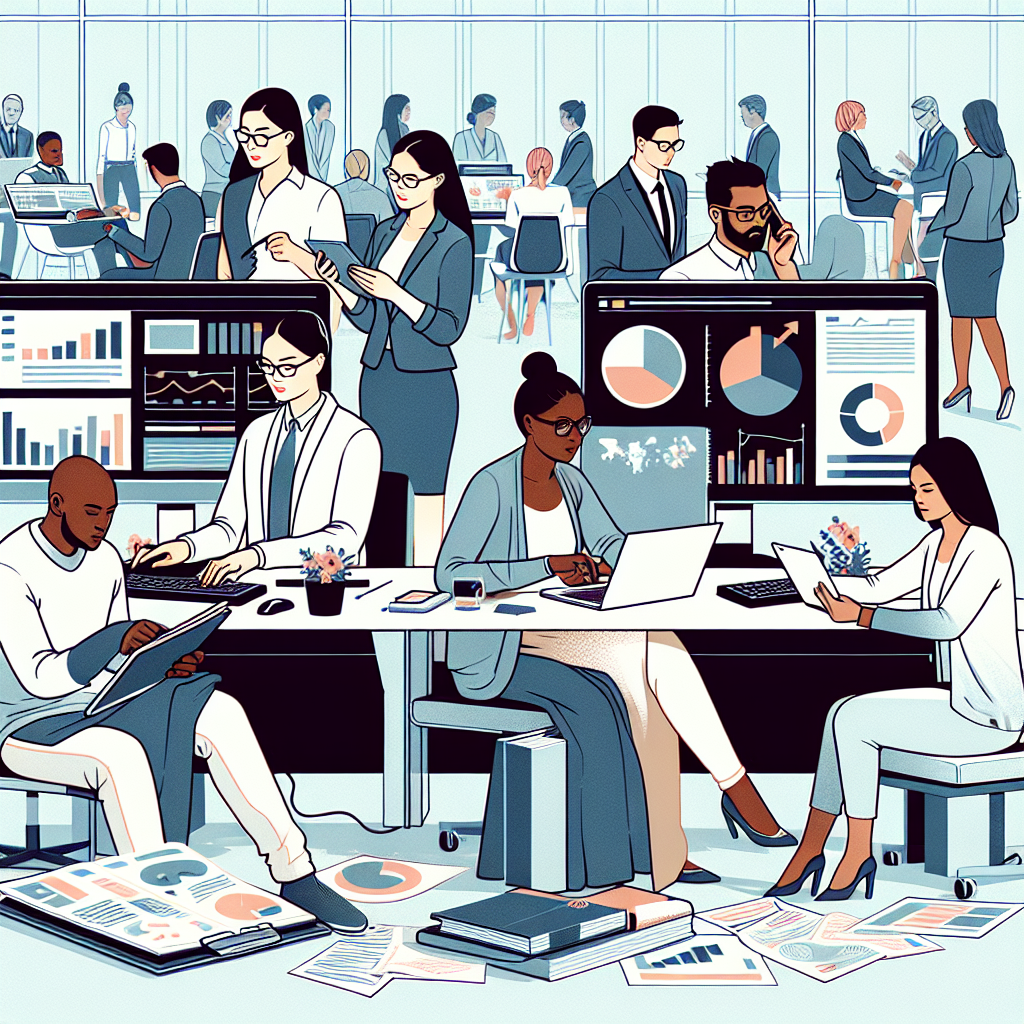Understanding International Economic Relations
Introduction to International Economic Relations
International economic relations refer to the financial interactions and dependencies between countries. These relations are a crucial aspect of globalization, fostering trade, investment, and development. Understanding these relations helps in comprehending the global economic landscape and the dynamics that drive it.
Key Aspects of International Economic Relations
International Trade
International trade involves the exchange of goods and services between countries. It is one of the most prominent aspects of international economic relations. Trade liberalization and the reduction of tariffs and quotas have significantly increased the volume of international trade over the past few decades. This exchange promotes economic growth, enhances efficiency, and allows countries to obtain goods and services that they cannot produce domestically.
Foreign Direct Investment (FDI)
Foreign Direct Investment (FDI) is another crucial aspect of international economic relations. It involves a company from one country making a physical investment into building a factory or a business in another country. FDI has the potential to generate employment, raise productivity, transfer skills and technology, enhance exports, and contribute to the long-term economic development of the world’s developing countries.
International Finance
International finance is the study of monetary interactions that transpire between two or more countries. It plays a vital role in international economic relations as it helps in understanding the global financial system, foreign exchange rates, and how different countries manage their financial resources. It also involves studying international financial markets, including the global stock market and international money market.
Role of International Organizations
Several international organizations play a pivotal role in shaping and managing international economic relations. These include the World Trade Organization (WTO), International Monetary Fund (IMF), World Bank, and United Nations Conference on Trade and Development (UNCTAD).
World Trade Organization (WTO)
The WTO is an international organization that deals with the global rules of trade between nations. Its primary goal is to ensure that trade flows as smoothly, predictably, and freely as possible.
International Monetary Fund (IMF)
The IMF is an organization of 189 countries that works to foster global monetary cooperation, secure financial stability, facilitate international trade, promote high employment and sustainable economic growth, and reduce poverty around the world.
World Bank
The World Bank is an international financial institution that provides loans and grants to the governments of poorer countries for the purpose of pursuing capital projects. It comprises two institutions: the International Bank for Reconstruction and Development (IBRD), and the International Development Association (IDA).
United Nations Conference on Trade and Development (UNCTAD)
UNCTAD is a permanent intergovernmental body established by the United Nations General Assembly. It is responsible for dealing with development issues, particularly international trade – the main driver of development.
Conclusion
International economic relations are complex, involving a myriad of factors and actors. However, they play a crucial role in shaping the global economic landscape. Understanding these relations is essential for policymakers, economists, and businesses alike, as it helps them navigate the international economic environment more effectively. As the world continues to globalize, the importance of international economic relations will only continue to grow.




